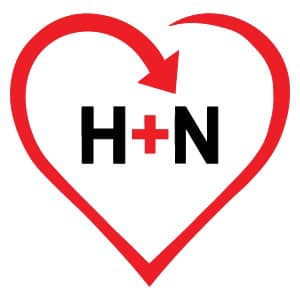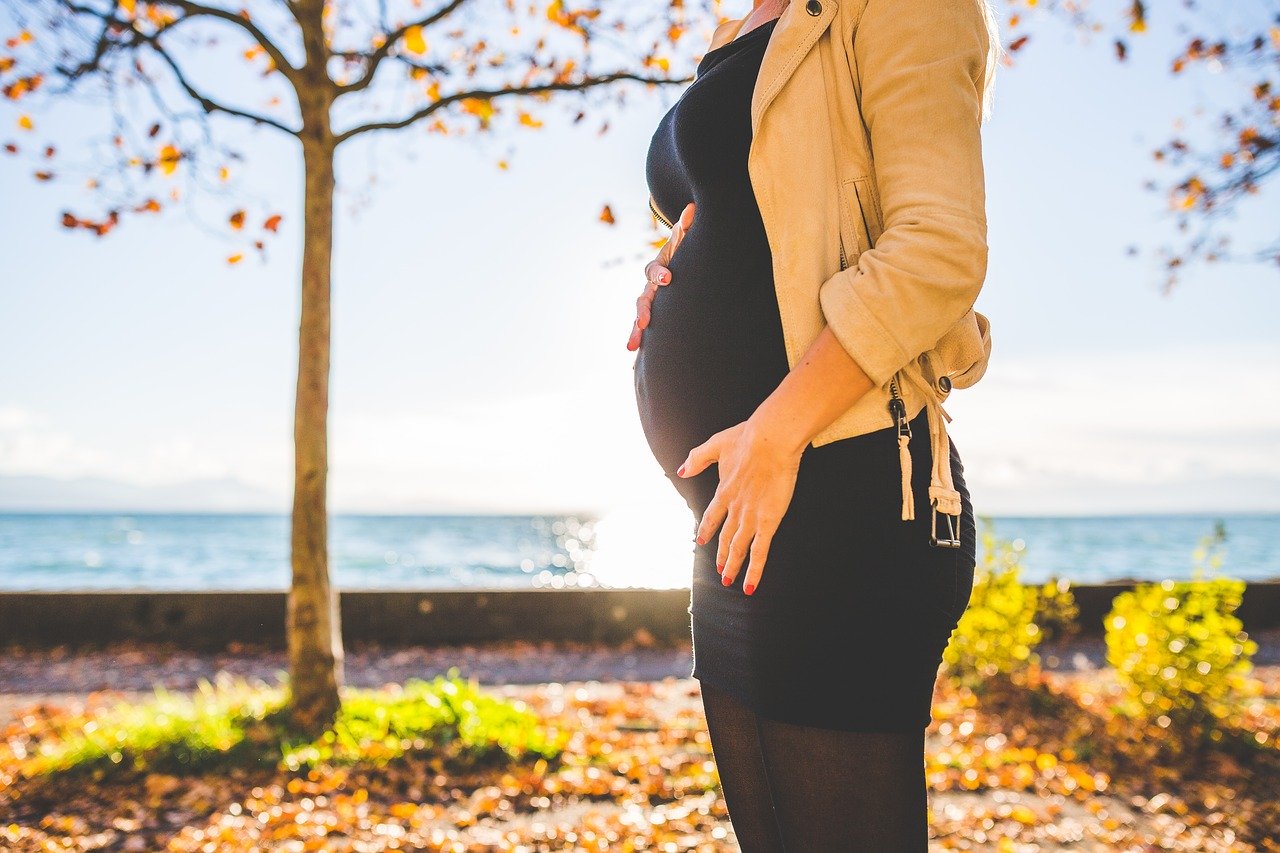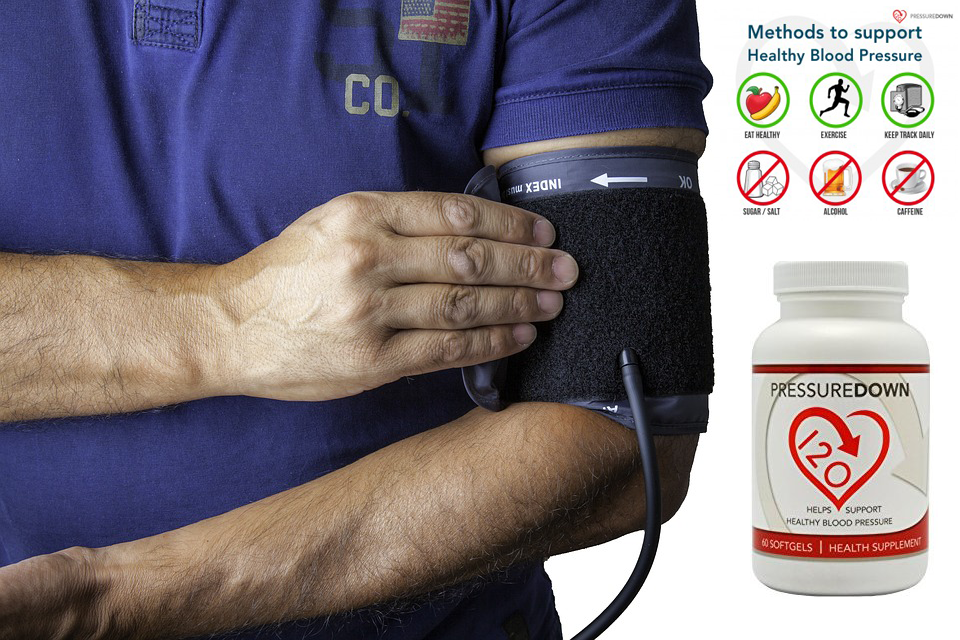Pregnancy takes its toll on a woman’s body, putting her at risk for more health issues than usual because she is working for two rather than just herself. One of the risks that a pregnant woman faces is high blood pressure, and it can be dangerous because it can lead to a condition called pre-eclampsia.
In a University of Aberdeen study, researchers tracked women for 60 years after giving birth to their children. They discovered that mothers are more likely to develop chronic kidney disease later in life when they had high blood pressure or eclampsia while pregnant.
Women who suffered from pre-eclampsia would show a high level of protein in their urine. These women were likely to develop kidney issues first. This group of women showed a higher risk of kidney disease.
The paper was published in Pregnancy Hypertension: An International Journal of Women’s Cardiovascular Health, and it involved the gathering of many sources to compare the post-pregnancy health of women who have suffered from high blood pressure while pregnant.
As observed in the study, women who suffered from hypertension during pregnancy many times saw their blood pressure return to normal after giving birth. The question in the study, however, is what the long-term implications are when a woman has high blood pressure during the pregnancy.
Another goal of the paper was to ask if enough is being done for women that have had high blood pressure during pregnancy. Currently, the symptoms are managed during pregnancy. Sometimes it requires a hospital stay until blood pressure returns to normal. Once it is back to normal, the woman is sent home until another spike in blood pressure is identified.
Unfortunately, most pregnant women aren’t aware of when their blood pressure rises, just as no one suffering from hypertension is aware that they have a problem.
Nonetheless, the question is if women need more intensive monitoring to see how they are doing. The belief is that women are being sent home too early when they have had a spike in blood pressure. Now doctors know through the study that there may be a need to keep a closer eye on renal function so that problems can be caught early.
It is also being suggested that renal failure should be monitored after pregnancy when a woman has had high blood pressure. If a woman has had high blood pressure, it is possible that monitoring renal function at various points during her life could catch a problem early. The belief is that if doctors keep an eye on the renal function of women who were hypertensive during pregnancy, the problem could be better managed later in life.
Eclampsia
When blood pressure gets too high during pregnancy, a woman can suffer from eclampsia. The pregnant mother can have seizures, and there is a large amount of protein in the urine. If seizures haven’t happened yet and there are high protein levels in the urine, this is a sign of pre-eclampsia. It is important to identify pre-eclampsia because a doctor can intervene to avoid eclampsia.
The seizure, or convulsion, is the main sign that eclampsia exists, but this means that the proteins have been high in the urine due to blood pressure being high. There may be other signs before the seizure, such as headaches, nausea, and vomiting. Vision problems can also present themselves. If eclampsia isn’t properly addressed, organ failure can occur. The kidneys are among those organs. A woman may also become jaundiced, become short of breath, or experience abdominal pain.
Eclampsia also has an impact on the fetus. Fetal distress is very dangerous, and eclampsia raises the risk of placental abruption.
The condition is so fluid because how the symptoms are presented can vary from woman to woman. This is why it is imperative for a pregnant mother to go to her prenatal appointments. A simple blood pressure test can reveal an issue. The urine test that is typically performed at the beginning of each appointment is also instrumental in indicating that there is a problem. If both high blood pressure and high proteins in the urine are present, then the pre-eclampsia diagnosis can typically be made.
Some women have no symptoms of eclampsia, and they will become comatose. Upon waking up, there may be temporary blindness.
As for the prevalence of pre-eclampsia and eclampsia, they are more common in first pregnancies. Women with pre-existing hypertension, neuropathy, or diabetes are at a higher risk. The condition usually develops after week 20 of the pregnancy.
Fortunately, there are medications that are typically prescribed for eclampsia. They are effective and generally safe for the fetus. This keeps the mother in good health, keeps the fetus in good health, and can increase the chance that the mother can carry the baby to term. From there, the mother is carefully monitored. Her kidneys and heart may be monitored as well through invasive hemodynamic monitoring, especially when she is already at risk for renal or heart disease. Invasive hemodynamic monitoring, which involves the use of transducers, can also monitor women who are at a high risk of pulmonary edema and refractory hypertension.
With the current information stemming from the 60-year study, it may be necessary to continue to monitor renal function well beyond the pregnancy. Monitoring of the heart could also follow because of the impact that high blood pressure has on the cardiovascular system.
Prevention Is Key
Overall, prevention and treatment are key. By making sure appointment times are kept, high blood pressure can be identified as early as possible so the proper measures can be taken to avoid dangerous issues in the present and future. Even after the pregnancy, it is ideal for pregnancy-related hypertension to be a part of a woman’s medical record because that information can be used to keep a close eye on renal function and other bodily functions well into the future. Using this information throughout a woman’s life could prevent certain problems and save her life.




Leave a comment
This site is protected by hCaptcha and the hCaptcha Privacy Policy and Terms of Service apply.